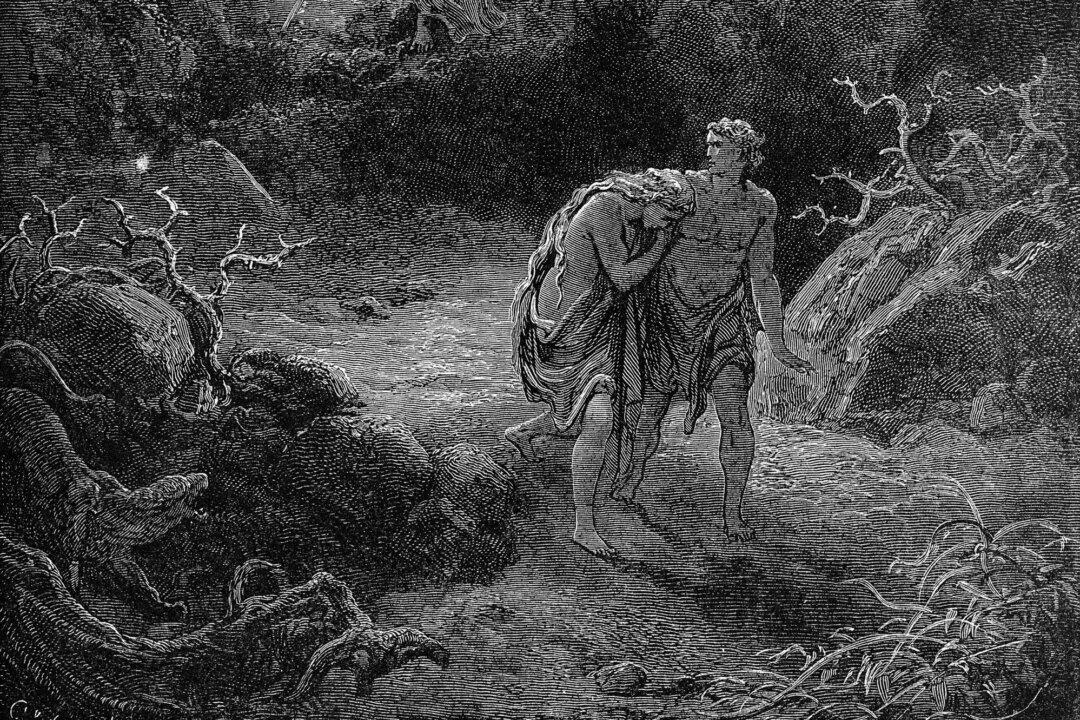In 1910, G.K. Chesterton’s book “What’s Wrong With the World” was published, and the title did not include a question mark.
Indeed, the book is a collection of essays on pressing—burning even—topics of the day such as emancipation, the suffragettes, public schools, ownership, and much more besides. For those unfamiliar with the works (and Chesterton is astonishingly prolific as a writer), I strongly recommend him. His writings have a scope, a flair, and a brilliance that lead me to conclude that he is possibly the greatest writer (excepting the poets) of the 20th century.






